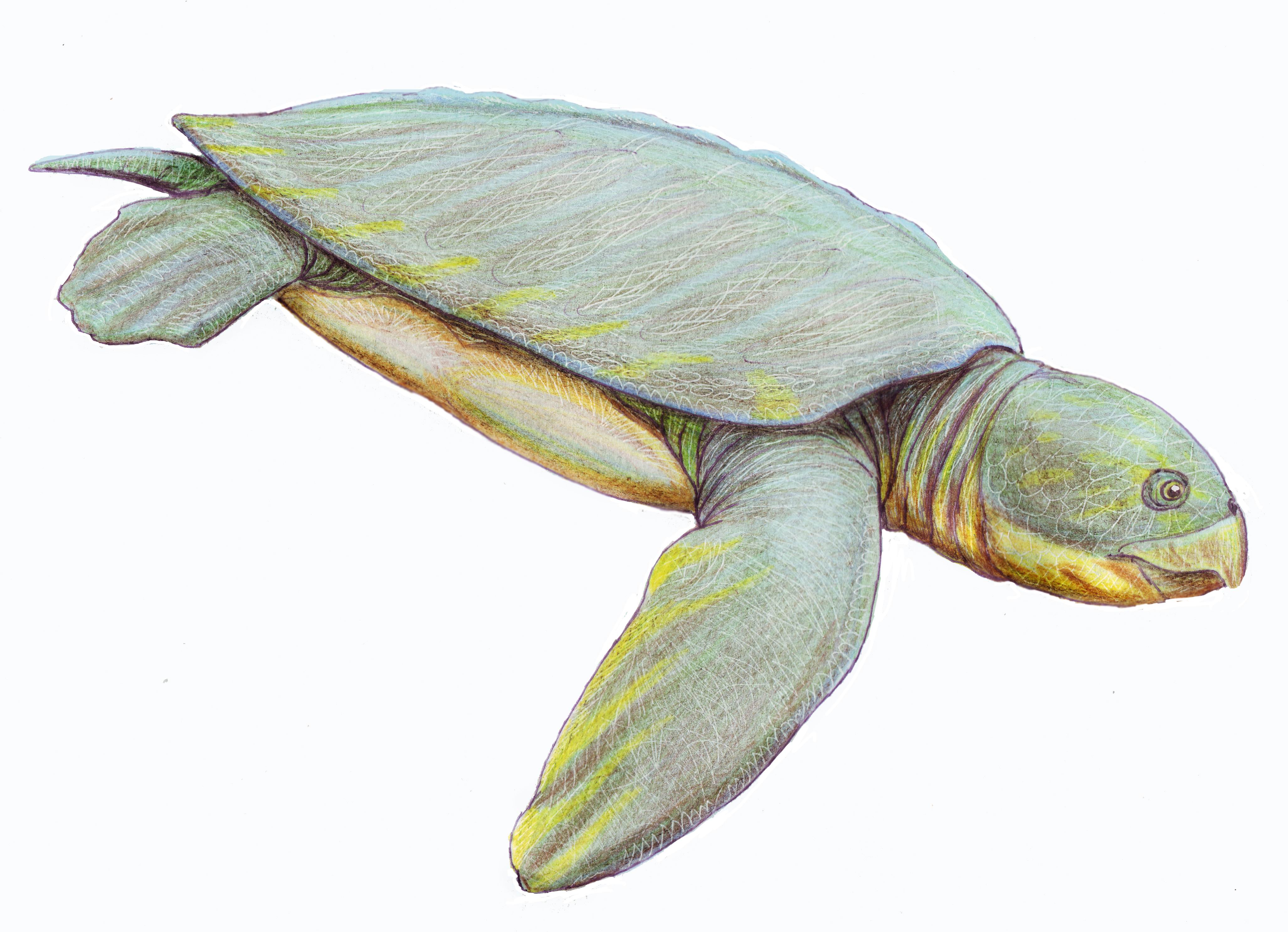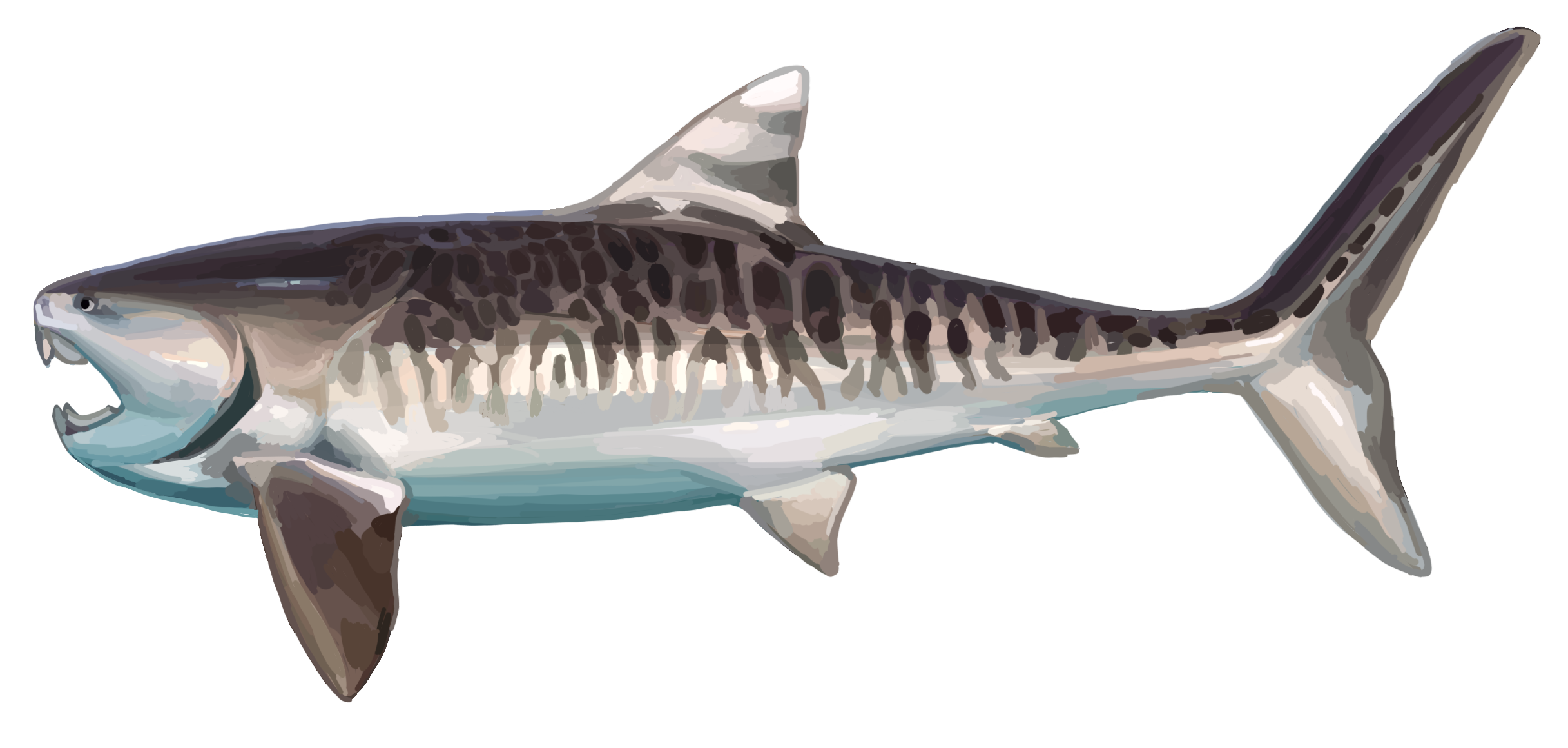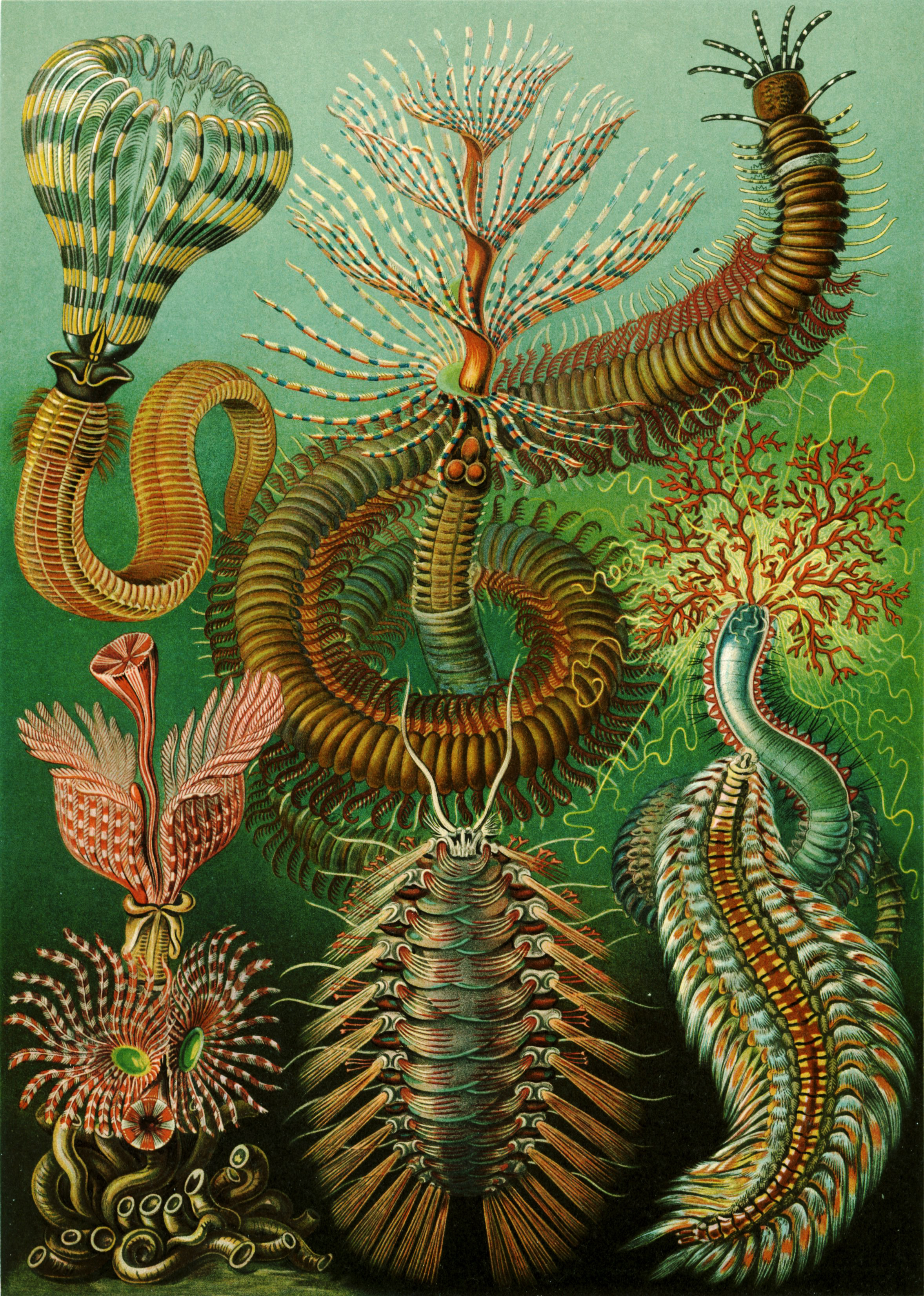|
Giovanni Domenico Nardo
Giovanni Domenico Nardo (4 March 1802 – 7 April 1877) was an Italian naturalist from Venice, although he spent most of his life in Chioggia, home port of the biggest fishing flotilla of the Adriatic. He learned taxidermy and specimen preparation from his uncle, an abbot. He went in a high school in Udine and studied medicine in Padua, where he reorganized the zoological collections. In 1832 he reorganized the invertebrate collection at the Imperial Natural History Museum in Vienna and in 1840 he became Fellow of the Istituto Veneto di Scienze, Lettere ed Arti, an academy whose aim is "to increase, promulgate, and safeguard the sciences, literature and the arts". Nardo wrote hundreds of scientific publications ranging from medicine and social sciences, philology, technology, physics, but mostly on Venetian and Adriatic zoology. In marine biology, Nardo wrote on algae, marine invertebrates, fishes and sea turtles. A vast collection of his manuscripts and his personal library is pre ... [...More Info...] [...Related Items...] OR: [Wikipedia] [Google] [Baidu] |
Venice
Venice ( ; it, Venezia ; vec, Venesia or ) is a city in northeastern Italy and the capital of the Veneto Regions of Italy, region. It is built on a group of 118 small islands that are separated by canals and linked by over 400 bridges. The islands are in the shallow Venetian Lagoon, an enclosed bay lying between the mouths of the Po River, Po and the Piave River, Piave rivers (more exactly between the Brenta (river), Brenta and the Sile (river), Sile). In 2020, around 258,685 people resided in greater Venice or the ''Comune di Venezia'', of whom around 55,000 live in the historical island city of Venice (''centro storico'') and the rest on the mainland (''terraferma''). Together with the cities of Padua, Italy, Padua and Treviso, Italy, Treviso, Venice is included in the Padua-Treviso-Venice Metropolitan Area (PATREVE), which is considered a statistical metropolitan area, with a total population of 2.6 million. The name is derived from the ancient Adri ... [...More Info...] [...Related Items...] OR: [Wikipedia] [Google] [Baidu] |
Marine Biology
Marine biology is the scientific study of the biology of marine life, organisms in the sea. Given that in biology many phyla, families and genera have some species that live in the sea and others that live on land, marine biology classifies species based on the environment rather than on taxonomy. A large proportion of all life on Earth lives in the ocean. The exact size of this ''large proportion'' is unknown, since many ocean species are still to be discovered. The ocean is a complex three-dimensional world covering approximately 71% of the Earth's surface. The habitats studied in marine biology include everything from the tiny layers of surface water in which organisms and abiotic items may be trapped in surface tension between the ocean and atmosphere, to the depths of the oceanic trenches, sometimes 10,000 meters or more beneath the surface of the ocean. Specific habitats include estuaries, coral reefs, kelp forests, seagrass meadows, the surrounds of seamounts and therm ... [...More Info...] [...Related Items...] OR: [Wikipedia] [Google] [Baidu] |
Italian Naturalists
Italian(s) may refer to: * Anything of, from, or related to the people of Italy over the centuries ** Italians, an ethnic group or simply a citizen of the Italian Republic or Italian Kingdom ** Italian language, a Romance language *** Regional Italian, regional variants of the Italian language ** Languages of Italy, languages and dialects spoken in Italy ** Italian culture, cultural features of Italy ** Italian cuisine, traditional foods ** Folklore of Italy, the folklore and urban legends of Italy ** Mythology of Italy, traditional religion and beliefs Other uses * Italian dressing, a vinaigrette-type salad dressing or marinade * Italian or Italian-A, alternative names for the Ping-Pong virus, an extinct computer virus See also * * * Italia (other) * Italic (other) * Italo (other) * The Italian (other) * Italian people (other) Italian people may refer to: * in terms of ethnicity: all ethnic Italians, in and outside of Italy * in ... [...More Info...] [...Related Items...] OR: [Wikipedia] [Google] [Baidu] |
Scientists From Venice
A scientist is a person who conducts Scientific method, scientific research to advance knowledge in an Branches of science, area of the natural sciences. In classical antiquity, there was no real ancient analog of a modern scientist. Instead, philosophers engaged in the philosophical study of nature called natural philosophy, a precursor of natural science. Though Thales (circa 624-545 BC) was arguably the first scientist for describing how cosmic events may be seen as natural, not necessarily caused by gods,Frank N. Magill''The Ancient World: Dictionary of World Biography'', Volume 1 Routledge, 2003 it was not until the 19th century in science, 19th century that the term ''scientist'' came into regular use after it was coined by the theologian, philosopher, and historian of science William Whewell in 1833. In modern times, many scientists have Terminal degree, advanced degrees in an area of science and pursue careers in various Sector (economic), sectors of the economy such ... [...More Info...] [...Related Items...] OR: [Wikipedia] [Google] [Baidu] |
1877 Deaths
Events January–March * January 1 – Queen Victoria is proclaimed ''Empress of India'' by the ''Royal Titles Act 1876'', introduced by Benjamin Disraeli, the Prime Minister of the United Kingdom . * January 8 – Great Sioux War of 1876 – Battle of Wolf Mountain: Crazy Horse and his warriors fight their last battle with the United States Cavalry in Montana. * January 20 – The Conference of Constantinople ends, with Ottoman Turkey rejecting proposals of internal reform and Balkan provisions. * January 29 – The Satsuma Rebellion, a revolt of disaffected samurai in Japan, breaks out against the new imperial government; it lasts until September, when it is crushed by a professionally led army of draftees. * February 17 – Major General Charles George Gordon of the British Army is appointed Governor-General of the Sudan. * March – ''The Nineteenth Century'' magazine is founded in London. * March 2 – Compromise of 1877: ... [...More Info...] [...Related Items...] OR: [Wikipedia] [Google] [Baidu] |
1802 Births
Eighteen or 18 may refer to: * 18 (number), the natural number following 17 and preceding 19 * one of the years 18 BC, AD 18, 1918, 2018 Film, television and entertainment * ''18'' (film), a 1993 Taiwanese experimental film based on the short story ''God's Dice'' * ''Eighteen'' (film), a 2005 Canadian dramatic feature film * 18 (British Board of Film Classification), a film rating in the United Kingdom, also used in Ireland by the Irish Film Classification Office * 18 (''Dragon Ball''), a character in the ''Dragon Ball'' franchise * "Eighteen", a 2006 episode of the animated television series ''12 oz. Mouse'' Music Albums * ''18'' (Moby album), 2002 * ''18'' (Nana Kitade album), 2005 * '' 18...'', 2009 debut album by G.E.M. Songs * "18" (5 Seconds of Summer song), from their 2014 eponymous debut album * "18" (One Direction song), from their 2014 studio album ''Four'' * "18", by Anarbor from their 2013 studio album '' Burnout'' * "I'm Eighteen", by Alice Cooper commonl ... [...More Info...] [...Related Items...] OR: [Wikipedia] [Google] [Baidu] |
:Category:Taxa Named By Giovanni Domenico Nardo
Giovanni Domenico Nardo (4 March 1802 – 7 April 1877) was an Italian naturalist from Venice Venice ( ; it, Venezia ; vec, Venesia or ) is a city in northeastern Italy and the capital of the Veneto Regions of Italy, region. It is built on a group of 118 small islands that are separated by canals and linked by over 400 .... Nardo ... [...More Info...] [...Related Items...] OR: [Wikipedia] [Google] [Baidu] |
World Register Of Marine Species
The World Register of Marine Species (WoRMS) is a taxonomic database that aims to provide an authoritative and comprehensive list of names of marine organisms. Content The content of the registry is edited and maintained by scientific specialists on each group of organism. These taxonomists control the quality of the information, which is gathered from the primary scientific literature as well as from some external regional and taxon-specific databases. WoRMS maintains valid names of all marine organisms, but also provides information on synonyms and invalid names. It is an ongoing task to maintain the registry, since new species are constantly being discovered and described by scientists; in addition, the nomenclature and taxonomy of existing species is often corrected or changed as new research is constantly being published. Subsets of WoRMS content are made available, and can have separate badging and their own home/launch pages, as "subregisters", such as the ''World List of ... [...More Info...] [...Related Items...] OR: [Wikipedia] [Google] [Baidu] |
Museo Di Storia Naturale Di Venezia
Museo di Storia Naturale di Venezia ( en, Natural History Museum of Venice) is a museum of natural history housed in Fondaco dei Turchi, located on the Grand Canal, Venice, Italy. Its collections relate mainly to the natural history of the Venetian lagoon that surrounds the city. Today it is one of the 11 venues managed by the Fondazione Musei Civici di Venezia. Building and history The museum is located in the Fondaco dei Turchi, originally built in the 13th century as a palazzo for the Pesaro family. It is built in the Venetian Byzantine style, being originally used as a trading depot for goods from the East. In 1381, the building was given to the lord of Ferrara, Niccolò II d'Este. In 1621, it became the ''fondaco'' (or ''fontego'') for Turkish merchants, a place for them to live and do business, until 1838. From 1865, the building was extensively restored. After this work, it housed the Museo Correr and then the Natural History Museum from 1969. Museum The Na ... [...More Info...] [...Related Items...] OR: [Wikipedia] [Google] [Baidu] |
Sea Turtles
Sea turtles (superfamily Chelonioidea), sometimes called marine turtles, are reptiles of the order Testudines and of the suborder Cryptodira. The seven existing species of sea turtles are the flatback, green, hawksbill, leatherback, loggerhead, Kemp's ridley, and olive ridley sea turtles. All six of the sea turtle species present in US waters (all of those listed above except the flatback) are listed as endangered and/or threatened under the Endangered Species Act. The seventh sea turtle species is the flatback, which exists in the waters of Australia, Papua New Guinea and Indonesia. Sea turtles can be separated into the categories of hard-shelled (cheloniid) and leathery-shelled ( dermochelyid).Wyneken, J. 2001. The Anatomy of Sea Turtles. U.S Department of Commerce NOAA Technical Memorandum NMFS-SEFSC-470, 1-172 pp. There is only one dermochelyid species which is the leatherback sea turtle. Description For each of the seven types of sea turtles, females and males are the sa ... [...More Info...] [...Related Items...] OR: [Wikipedia] [Google] [Baidu] |
Fishes
Fish are aquatic, craniate, gill-bearing animals that lack limbs with digits. Included in this definition are the living hagfish, lampreys, and cartilaginous and bony fish as well as various extinct related groups. Approximately 95% of living fish species are ray-finned fish, belonging to the class Actinopterygii, with around 99% of those being teleosts. The earliest organisms that can be classified as fish were soft-bodied chordates that first appeared during the Cambrian period. Although they lacked a true spine, they possessed notochords which allowed them to be more agile than their invertebrate counterparts. Fish would continue to evolve through the Paleozoic era, diversifying into a wide variety of forms. Many fish of the Paleozoic developed external armor that protected them from predators. The first fish with jaws appeared in the Silurian period, after which many (such as sharks) became formidable marine predators rather than just the prey of arthropods. Most f ... [...More Info...] [...Related Items...] OR: [Wikipedia] [Google] [Baidu] |
Marine Invertebrates
Marine invertebrates are the invertebrates that live in marine habitats. Invertebrate is a blanket term that includes all animals apart from the vertebrate members of the chordate phylum. Invertebrates lack a vertebral column, and some have evolved a shell or a hard exoskeleton. As on land and in the air, marine invertebrates have a large variety of body plans, and have been categorised into over 30 phyla. They make up most of the macroscopic life in the oceans. Evolution The earliest animals were marine invertebrates, that is, vertebrates came later. Animals are multicellular eukaryotes, and are distinguished from plants, algae, and fungi by lacking cell walls. Marine invertebrates are animals that inhabit a marine environment apart from the vertebrate members of the chordate phylum; invertebrates lack a vertebral column. Some have evolved a shell or a hard exoskeleton. The earliest animals may belong to the genus '' Dickinsonia'', 571 million to 539 million years ago. In ... [...More Info...] [...Related Items...] OR: [Wikipedia] [Google] [Baidu] |
.jpg)




